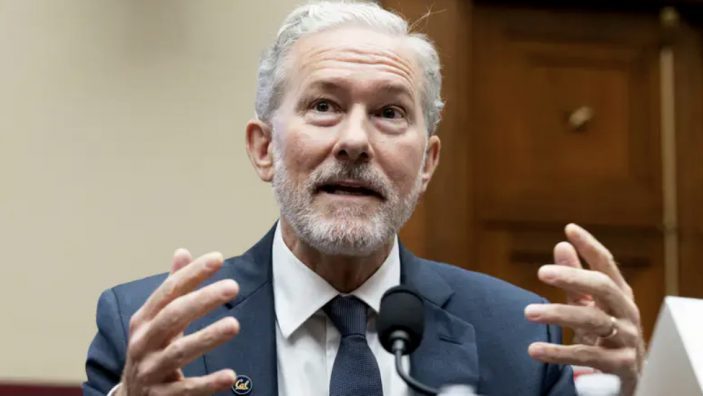Attorney General Gali Baharav-Miara refused to attend a ministerial committee hearing led by Minister Amichai Chikli, denouncing it as a politically driven effort to undermine judicial independence. The government is pressing forward with dismissal efforts, prompting fierce warnings about the erosion of democratic norms.
A deepening confrontation between Israel’s executive and legal branches escalated Monday as Attorney General Gali Baharav-Miara refused to appear before a special ministerial committee considering her dismissal. The committee, chaired by Minister Amichai Chikli, proceeded without her, reviewing a detailed dossier containing dozens of allegations, drawn from hundreds of pages reportedly prepared by Justice Minister Yariv Levin. The document forms the basis of a push to oust the Attorney General—a move critics warn is politically charged and legally questionable.
In a sharply worded statement issued earlier in the day, Baharav-Miara condemned the hearing as a direct assault on the independence of the Attorney General’s office and the rule of law.
“This process opens the door for any government to remove legal advisers not for misconduct—but for doing their jobs,” she said. “Whether by ordering criminal investigations, indicting coalition members, or refusing to whitewash illegal actions, we become targets for political retribution.”
She denounced the proceedings as a “sham with a predetermined outcome,” comparing them to the Bar-On Hebron affair—a 1997 political scandal in which Prime Minister Netanyahu and Aryeh Deri allegedly sought to appoint a pliable Attorney General to secure a plea deal.
“We’re facing an attempt at full political control of the legal system,” she warned, noting the lack of an independent review committee overseeing the dismissal process.
Communications Minister Shlomo Karhi responded with outrage, calling her absence “disgraceful” and proof that she sees herself as above democratic scrutiny.
“This is the continuation of a bureaucratic elite clinging to unchecked power. Ending her term is not only legal—it is essential for democracy,” Karhi asserted.
He urged the committee to treat her refusal to appear as a tacit admission of guilt and demanded a swift recommendation for her immediate dismissal, which could be presented to the cabinet as early as Tuesday.
Despite Baharav-Miara’s objection and mounting public controversy, the hearing proceeded after Supreme Court Justice Noam Sohlberg declined to block it, ruling that the session did not yet constitute an “irreversible step” requiring judicial intervention.
In a written submission to the court, the government argued it had acted above and beyond legal requirements by offering Baharav-Miara opportunities to defend herself—opportunities she has consistently rejected.
As the political drama unfolds, it has sent tremors through Israel’s legal and political communities. Many fear the dismissal effort is part of a broader agenda to weaken judicial independence and consolidate executive power—threatening the delicate balance of Israel’s democratic institutions.





